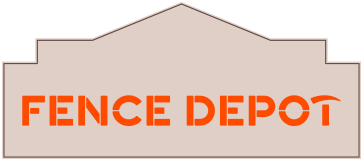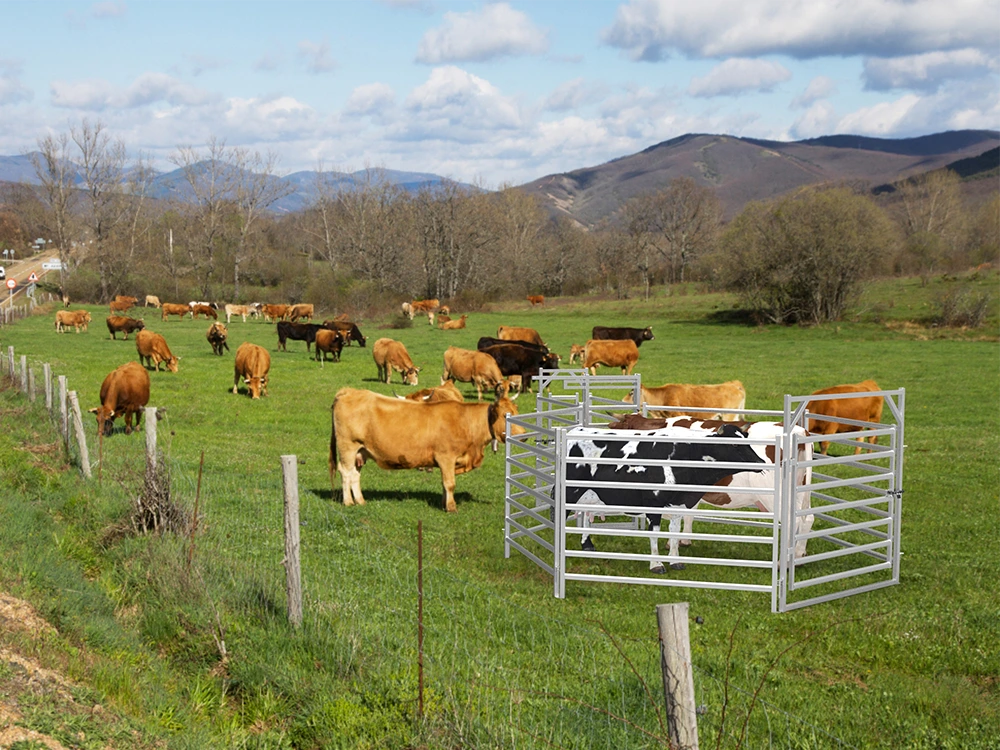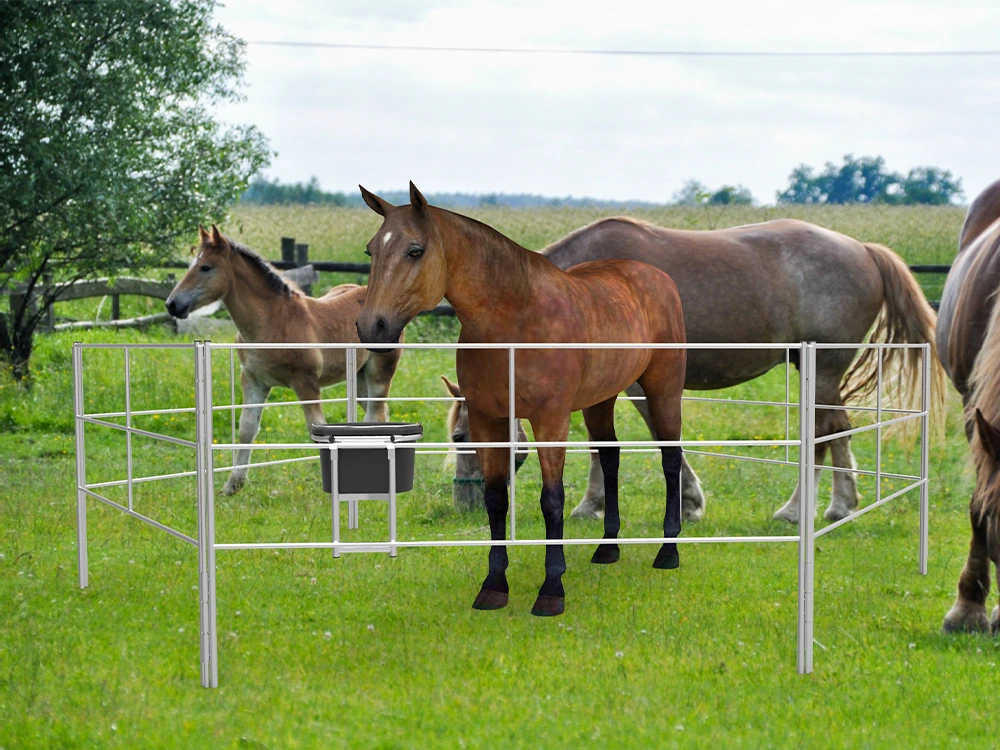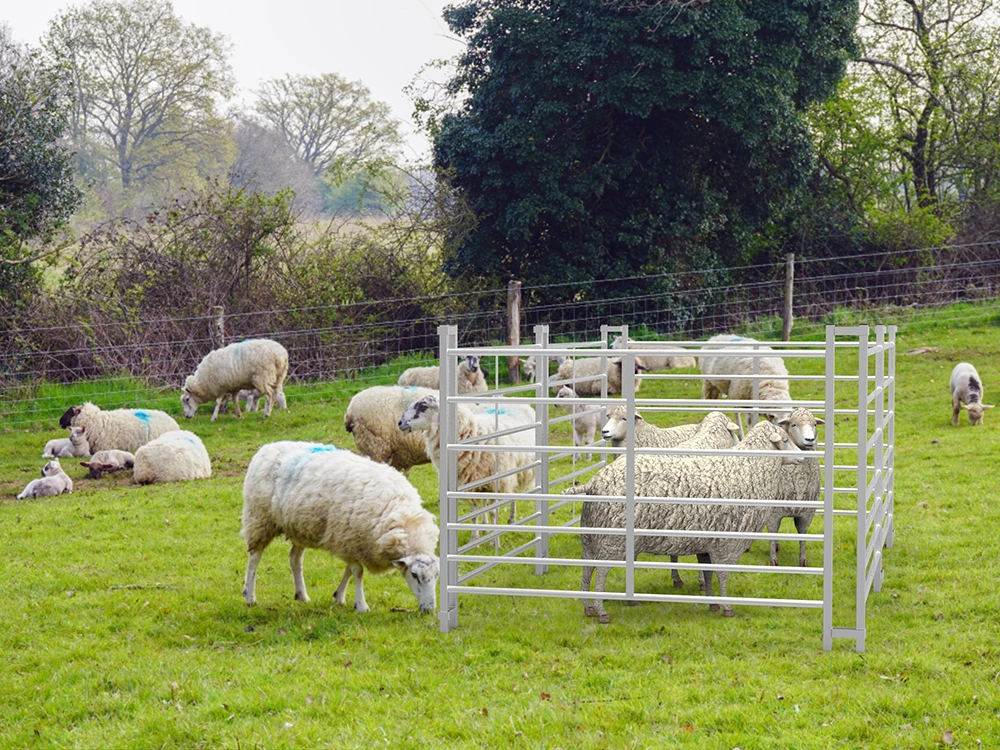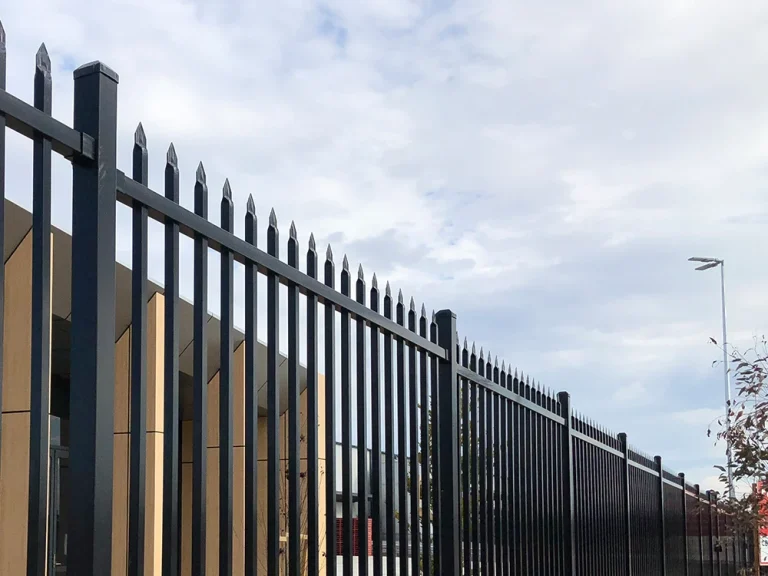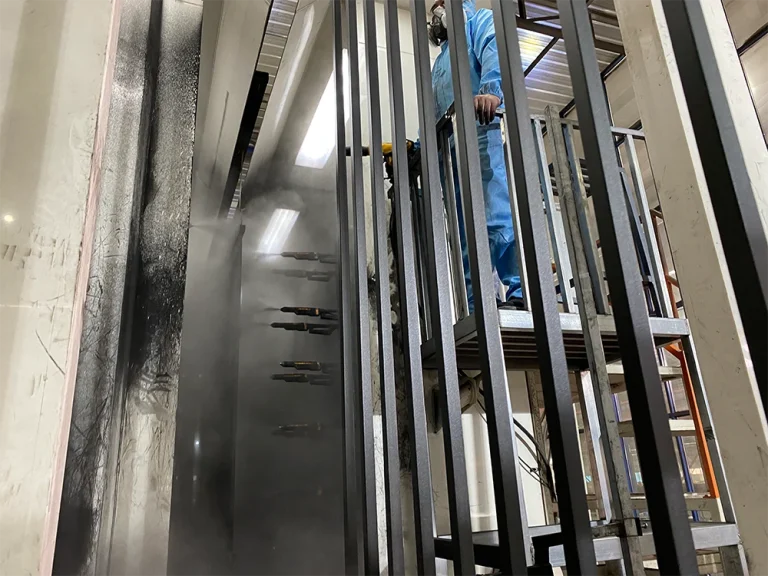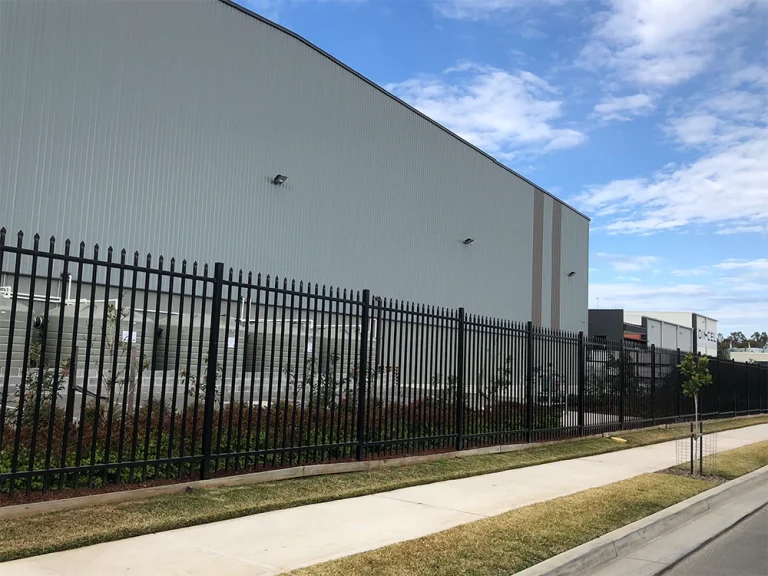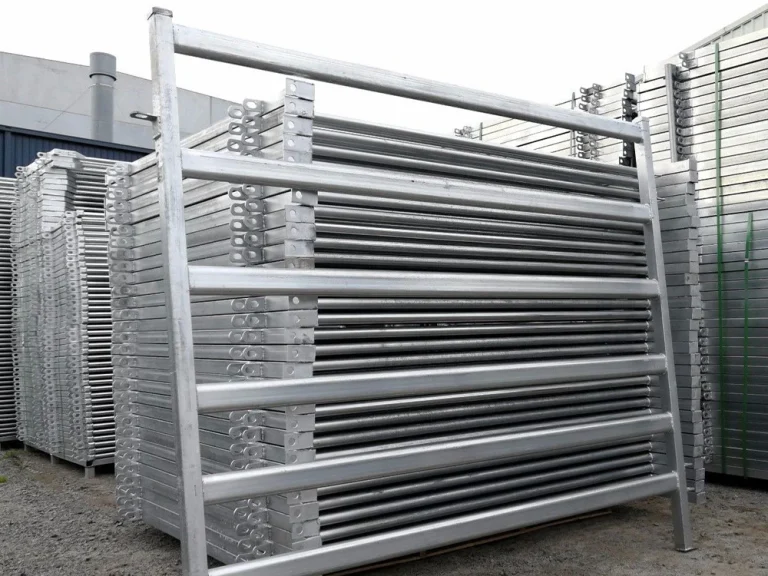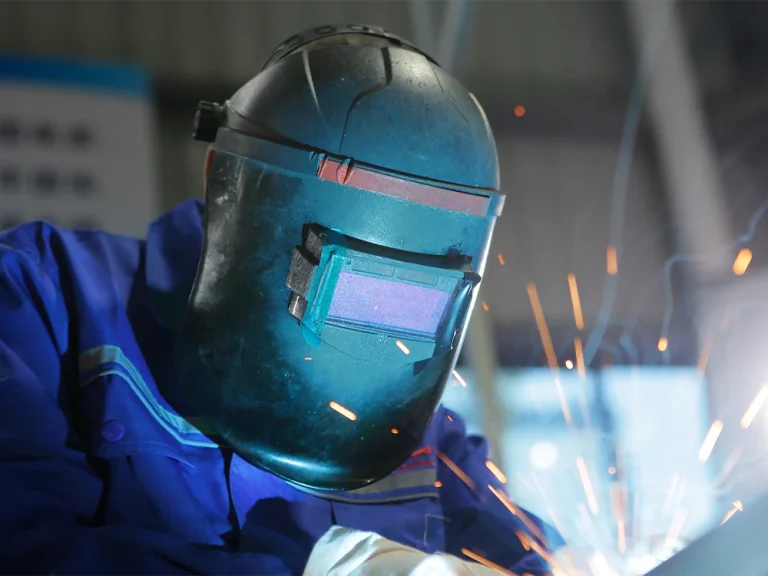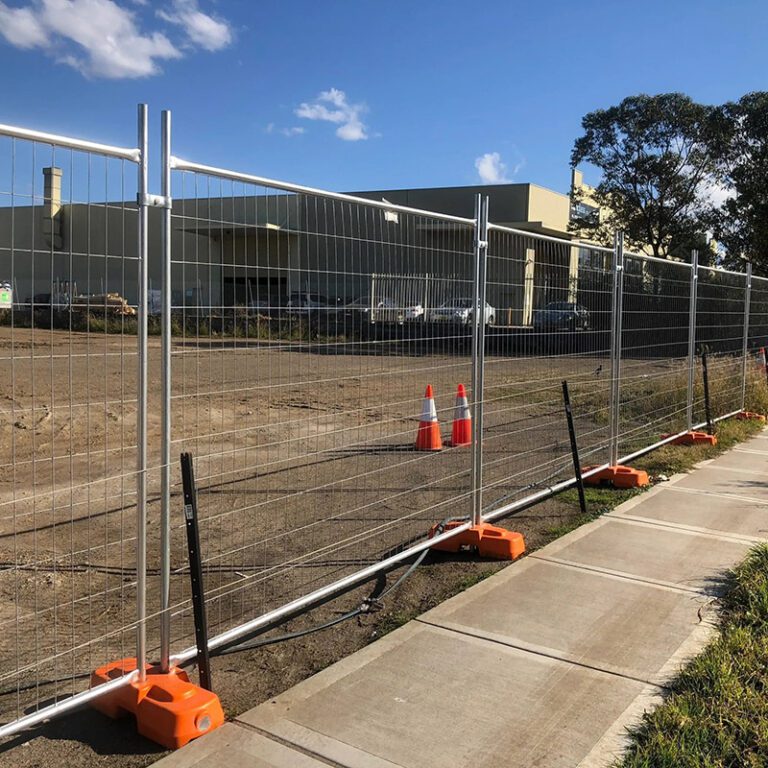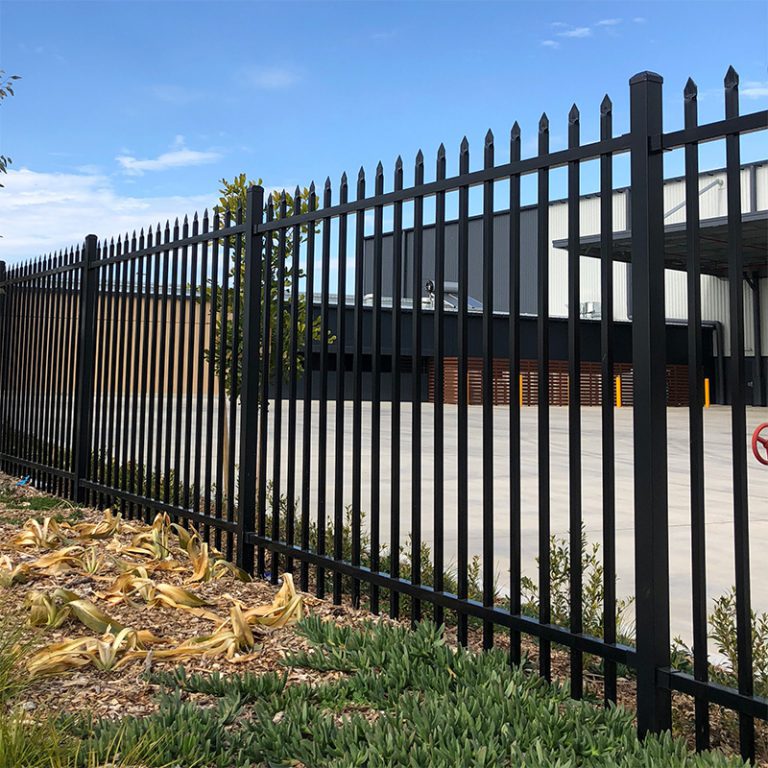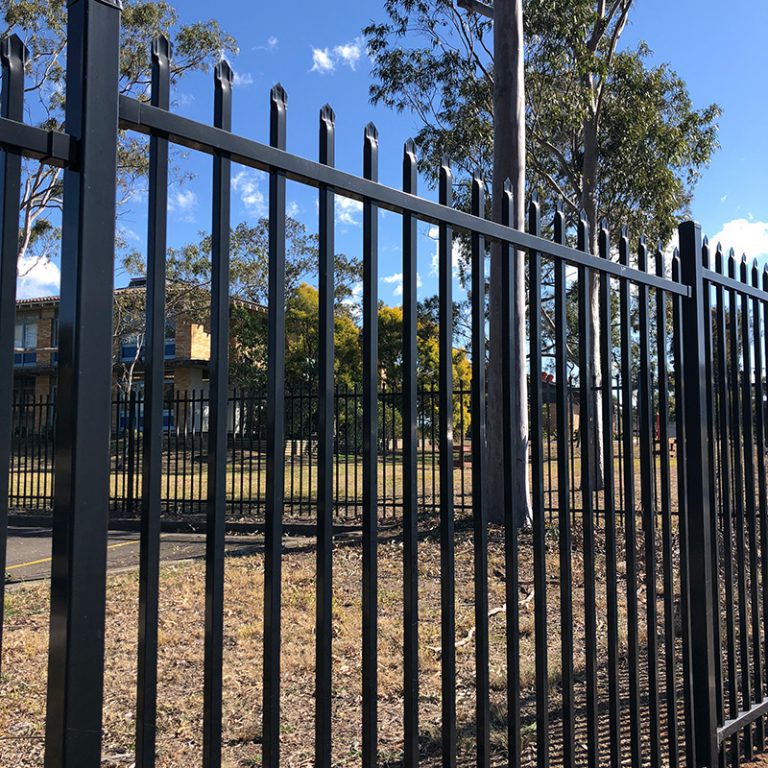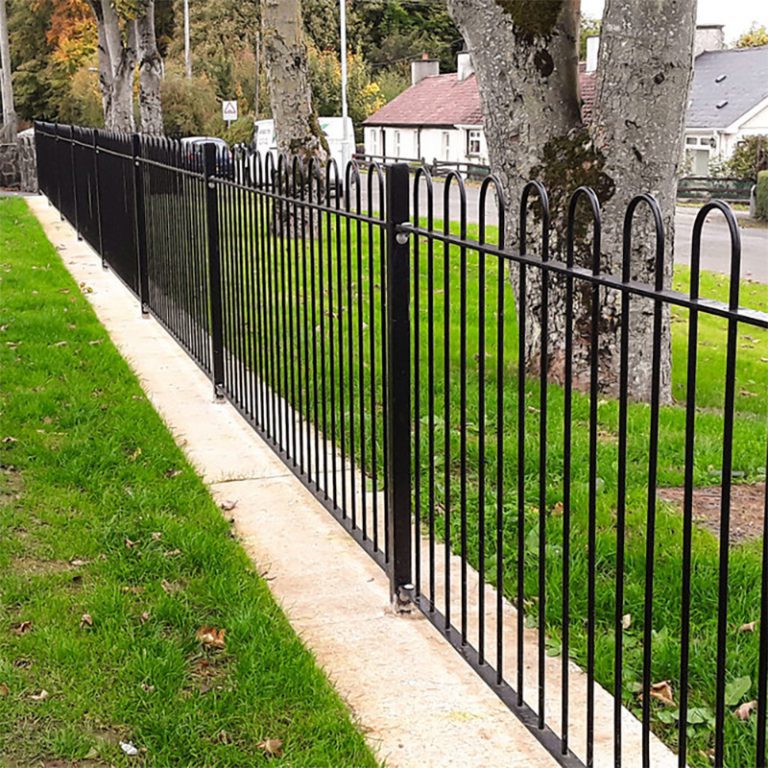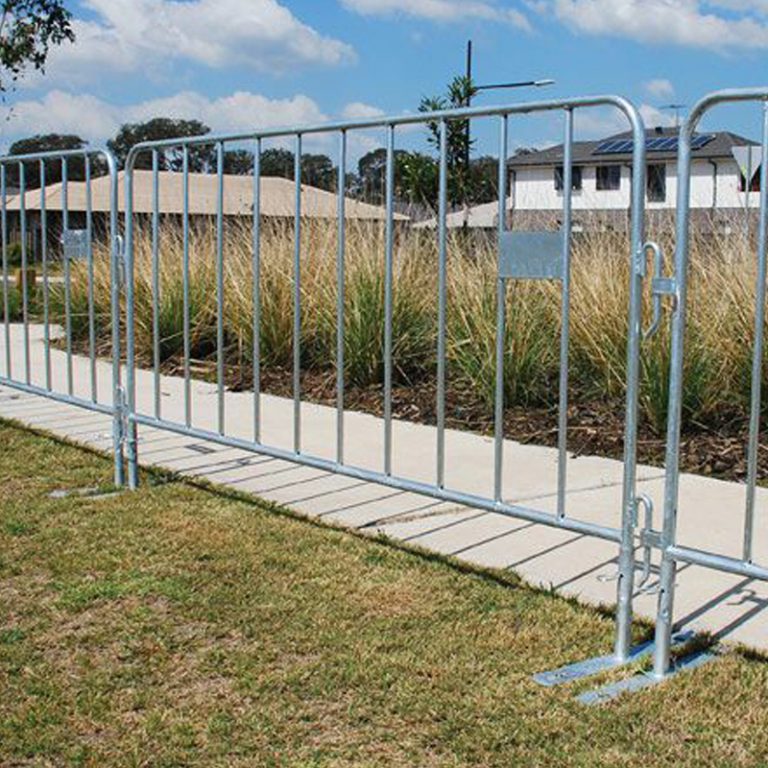Farms have always been synonymous with fences, and for good reason. These sturdy structures serve a multitude of purposes that are crucial for the smooth operation and success of agricultural endeavors. Beyond simply marking boundaries, Farm Fences play a vital role in protecting livestock, controlling grazing areas, preventing theft, ensuring safety, and even contributing to the overall aesthetics of a farm. In this article, we will explore the various aspects that make fences an indispensable feature of farms.
1. Protecting Livestock
One of the primary reasons for the existence of fences on farms is to safeguard livestock. Animals such as cattle, sheep, and horses are valuable assets, and proper containment is essential to ensure their safety and well-being. Fences act as a physical barrier, preventing livestock from wandering off, getting lost, or encountering potential dangers. They create designated areas where animals can graze, roam, and rest without straying into hazardous zones, such as nearby roads or neighboring properties.
2. Controlling Grazing Areas
Effective pasture management is critical for maintaining healthy livestock and sustainable agricultural practices. Fences enable farmers to create controlled grazing areas, ensuring that animals have access to sufficient forage while preventing overgrazing and soil degradation. By dividing land into separate paddocks or rotational grazing systems, farmers can optimize forage growth, improve soil quality, and reduce the risk of overexploitation. Fences also facilitate better pasture management, allowing farmers to implement rest periods, promote regrowth, and employ targeted grazing strategies.
3. Security and Theft Prevention
Farmers face various security concerns, ranging from theft of livestock or equipment to vandalism and trespassing. Fences act as a deterrent, protecting valuable assets and deterring potential intruders. They establish a clear boundary around the farm, indicating private property and discouraging unauthorized access. By securing livestock within fenced enclosures, farmers can effectively minimize the risk of theft and unauthorized removal. Moreover, fences can be equipped with additional security measures, such as locked gates, surveillance cameras, or alarms, further enhancing farm security.
4. Boundary Definition
Fences play a crucial role in defining property boundaries between neighboring farms or landowners. Marked boundaries help avoid disputes and conflicts, ensuring that each party knows their respective land limits. By establishing a physical barrier, fences prevent accidental encroachment and serve as a visual reminder of individual property rights. Moreover, accurate boundary definition aids in legal matters, such as land sales, easements, or establishing land use agreements.
5. Predation and Wildlife Control
Livestock farmers often face the challenge of predation, with predators such as wolves, coyotes, or foxes posing a threat to their animals. Fences serve as a protective barrier, reducing the risk of predation by keeping predators away from livestock. Additionally, fences can be designed with specific anti-predator features, such as electric wires or specialized mesh, to further enhance animal safety. Fences also help control wildlife movements, preventing damage to crops and protecting biodiversity by minimizing conflicts between farm operations and natural habitats.
6. Crop Protection
Fences aren’t limited to safeguarding livestock; they also play a crucial role in protecting crops. Agricultural fields are susceptible to damage from various sources, including free-roaming livestock, wild animals, or pests. Fences act as a defense mechanism, preventing animals from accessing and damaging crops. They help maintain the integrity of agricultural fields, ensuring higher crop yields and reducing losses caused by trampling, browsing, or grazing.
7. Safety and Liability
Fences contribute significantly to the safety of both animals and humans on and around farms. By creating a physical barrier, they minimize the risk of accidental collisions between livestock and vehicles on nearby roads, reducing potential injuries and fatalities. This also helps mitigate liability risks for farmers, ensuring that they have taken reasonable measures to prevent accidents involving their livestock.
8. Disease Prevention
Disease outbreaks can have devastating consequences for livestock operations. Fences play a critical role in preventing the spread of diseases among livestock by minimizing direct contact between animals from different farms. They act as a biosecurity measure, restricting the movement of animals and reducing the risk of contagion. By implementing proper quarantine protocols and separating animals based on health status, farmers can effectively prevent the transmission of diseases, safeguarding the overall health of their livestock.
9. Aesthetic and Environmental Considerations
Beyond their functional purposes, fences can also contribute to the overall aesthetics of a farm. Thoughtfully designed fences can enhance the visual appeal of the landscape, blending harmoniously with the surroundings. Additionally, fences can serve environmental purposes, such as preventing soil erosion in sensitive areas or protecting water bodies from livestock access, thereby promoting sustainable farming practices.
10. Property Protection
Proper use of farm fencing can protect your property from both human and animal damage. Proper use of fencing prevents situations such as human access to areas of theft, therefore protecting your farm property. Farm fencing not only keeps animals on your property and out of harm’s way, but it also keeps them out of areas where they could cause harm. Additionally, farm fencing means your livestock is less likely to be stolen or exposed to potentially dangerous wildlife.
Conclusion
Farm Fences are an integral part of farming, serving diverse purposes that are essential for the success and sustainability of agricultural operations. From protecting livestock and crops to ensuring security, safety, and boundary definition, fences play a vital role in maintaining the integrity of farms. They facilitate effective pasture management, aid in wildlife control, and contribute to disease prevention. Furthermore, fences enhance the overall aesthetics of the farm, showcasing the balance between functionality and visual appeal. As technology continues to advance, innovative fencing solutions and materials are emerging, further improving the efficiency and effectiveness of farm fences. In the ever-changing agricultural landscape, fences remain a steadfast tool that enables farmers to protect their assets and promote sustainable farming practices.
